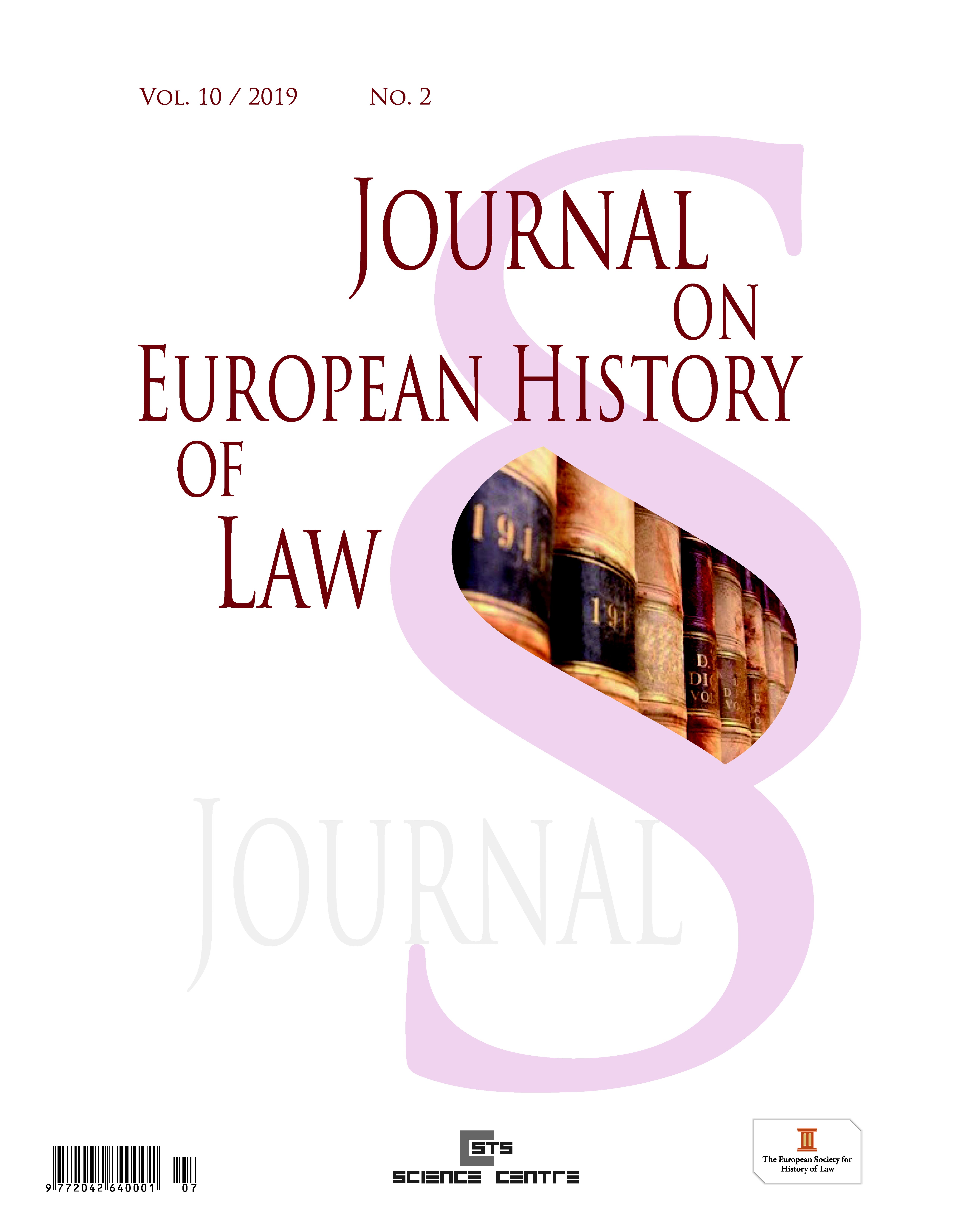Die Arbeitsverwaltung im Protektorat Böhmen und Mähren (1939–1945)
Work Administration in the Protectorate of Bohemia and Moravia 1939-1945
Author(s): Jaromír TauchenSubject(s): History, Law, Constitution, Jurisprudence
Published by: STS Science Centre Ltd
Keywords: Protectorate of Bohemia and Moravia; Labour Law; Labour; Forced Deployment; Employment Offices; Ministry of Social and Health Administration; Ministry of Economy and Labour; Wilhelm Dennler
Summary/Abstract: System of forced and directed labour was characteristic for protectorate labour law. In order for this system to work effectively, it was necessary to create some required effective managing and controlling mechanisms. Of major importance was a newly created system of employment offices and their subsidiaries which was directed by the Ministry of Social and Health Administration, later by the Ministry of Economy and Labour. Employment offices constituted one of the most important and key instruments in the process of performing directed and forced labour. During World War II, their tasks and authority gradually grew and at the end of the war they applied basically to all areas related to work performance. Although the employment offices belonged to the so-called autonomous (Czech) administration, their leading positions were taken by German officers which had a considerable influence on their actual activity. The Ministry of Social and Health Administration (later Ministry of Economy and Labour) represented an institution where legal regulations for the labour law area were made. Since 1942, mostly German officers were in charge of this area amongst whom can be named primarily Dr. Walter Bertsch and Dr. Wilhelm Dennler. German office workers transferred here from the Office of Reich Protector, thus they directly contributed to creating drafts of legislation.
Journal: Journal on European History of Law
- Issue Year: 10/2019
- Issue No: 2
- Page Range: 2-14
- Page Count: 12
- Language: German
- Content File-PDF

